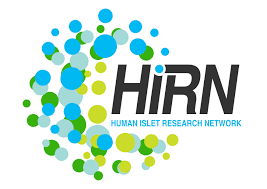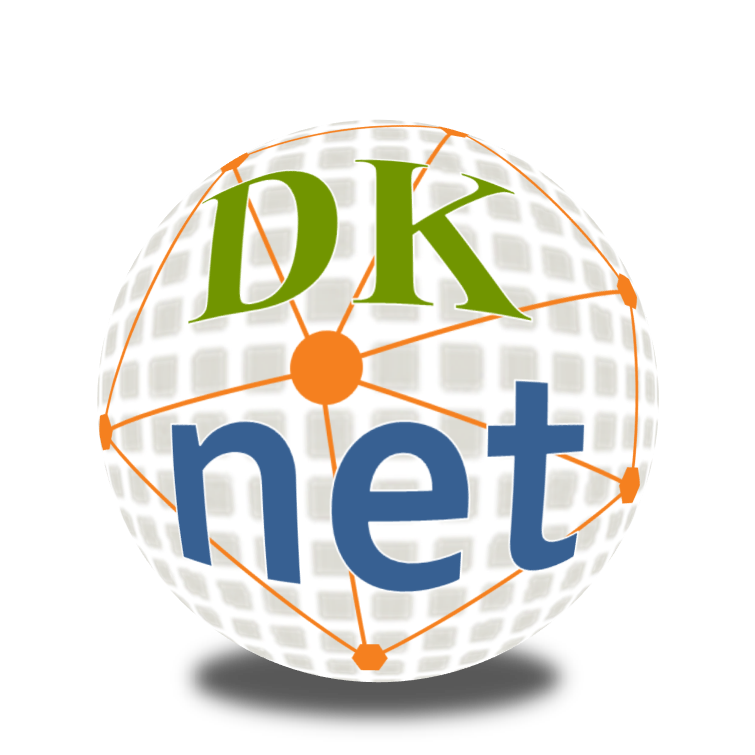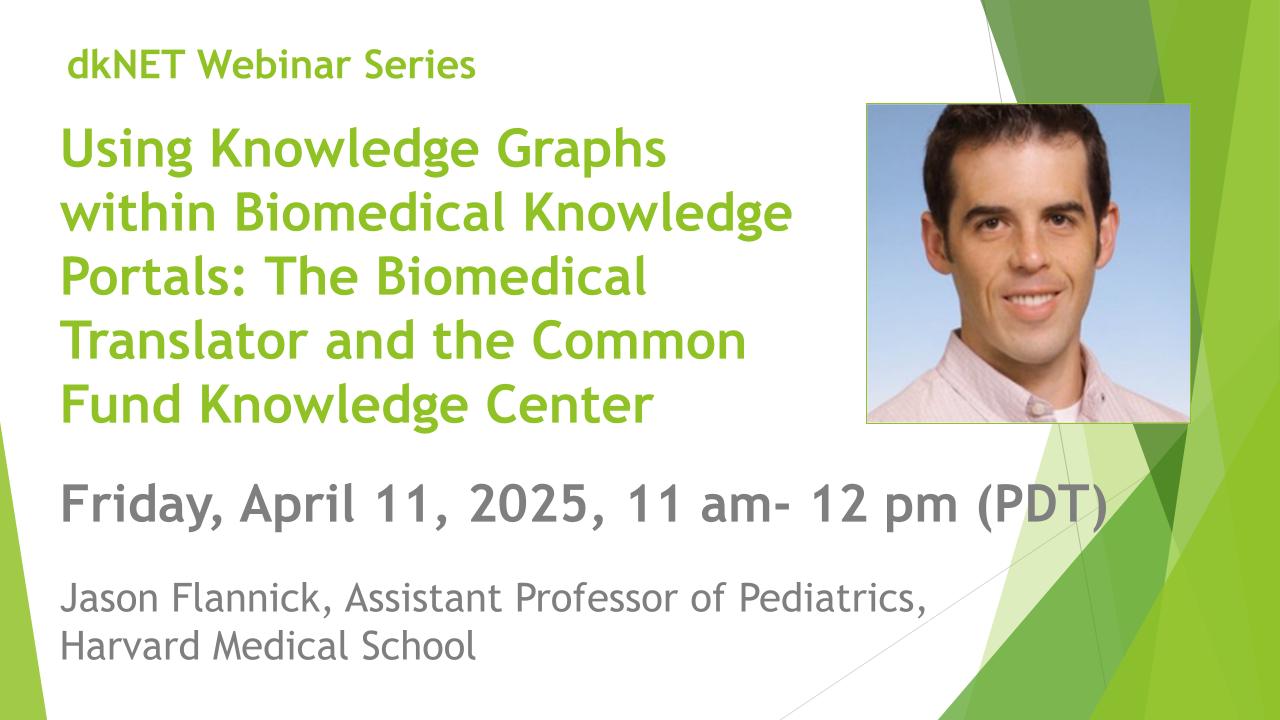X
X
Leaving Community
Are you sure you want to leave this community? Leaving the community will revoke any permissions you have been granted in this community.
No
Yes
X
NIDDK “High Value Data Sets”
- NIDDK Central Repository
- The Environmental Determinants of Diabetes in the Young (TEDDY): TEDDY study is a large, multicenter prospective cohort study that was established in response to uncover the factors contributing to Type 1 diabetes (T1D).
- Type 1 Diabetes TrialNet: TrialNet is an international network of researchers who are exploring ways to prevent, delay and reverse the progression of type 1 diabetes.
- Rare and Atypical Diabetes Network (RADIANT): RADIANT is a multicenter prospective cohort study that is dedicated to characterizing (discovering and defining) rare and atypical forms of diabetes.
- Diabetes Prevention Program (DPP): The DPP looked at whether the DPP Lifestyle Change Program or taking metformin would delay or prevent type 2 diabetes.
- Diabetes Prevention Program Outcomes Study (DPPOS): The DPPOS is following DPP participants to see if participants who took part in the DPP Lifestyle Change Program or who are continuing to take metformin have a delay in the development of type 2 diabetes over time and if they experience fewer health problems such as cancer, cardiovascular diseases, nerve damage, kidney disease, eye disease, and age-related health problems such as trouble with physical function and difficulties with thinking or memory.
- The RISE Consortium (RISE): RISE is determining whether medication or surgical intervention strategies can mitigate progressive ß-cell dysfunction in adults and youth with prediabetes or early type 2 diabetes.
- Glycemia Reduction Approaches in Diabetes: A Comparative Effectiveness Study (GRADE): GRADE is a multicenter, parallel-group clinical trial designed to compare the major drug classes currently used to treat T2DM, with the ultimate goal of providing better guidance to practitioners in the choice of medications. Specifically, the GRADE study will compare the effects of four different glucose-lowering medications when combined with metformin, the standard therapy for T2DM, in patients with T2DM.
- Diabetes Control and Complications Trial / Epidemiology of Diabetes Interventions and Complications (DCCT/EDIC): DCCT is a multicenter, randomized clinical trial designed to compare intensive with conventional diabetes therapy with regard to their effects on the development and progression of the early vascular and neurologic complications of type 1 insulin-dependent diabetes mellitus.
- Beta Cell Restoration Through Fat Mitigation (BetaFat): BetaFat) Study was created to determine if weight loss through gastric banding surgery would be more effective than metformin medication at sustaining or improving beta-cell function in individuals with prediabetes or early type 2 diabetes, who are also mildly to moderately obese.
- Treatment Options for Type 2 Diabetes in Adolescents & Youth (TODAY): TODAY is a randomized clinical trial of treatment for adolescents diagnosed with T2DM.
- PANC-DB (Data portal of the Human Pancreas Analysis Program): PANC-DB is the open-source data repository, dissemination and visualization vehicle for the cellular and molecular datasets generated by the Human Pancreas Analysis Program (HPAP), making genomic and islet function data highly accessible to the broader diabetes research community.
- RC2 data repositories
- Diabetes Data and Hypothesis Hub (D2H2): A platform that facilitates data-driven hypothesis generation for the diabetes and related metabolic disorder research community.
- Secrepedia.org: An encyclopedia of the white and brown adipocyte secretome in mouse models and humans
- A single cell atlas of human and mouse white adipose tissue: A detailed cellular atlases of human and murine subcutaneous and visceral white fat at single cell resolution across a range of body weight. The data comprise an extensive resource for the exploration of genes, traits, and cell types in the function of WAT across species, depots, and nutritional conditions.
- Related High Value Datasets
- Bridge2AI AI-READI (Artificial Intelligence Ready and Equitable Atlas for Diabetes Insights): AI-READI project seeks to create a flagship ethically-sourced dataset to enable future generations of artificial intelligence/machine learning (AI/ML) research to provide critical insights into type 2 diabetes mellitus (T2DM), including salutogenic pathways to return to health.
- TOPMed (Trans-Omics for Precision Medicine): TOPMed, a program of the NHLBI, aims to improve scientific understanding of the fundamental biological processes that underlie heart, lung, blood, and sleep (HLBS) disorders and advance precision medicine in ways that lead to disease treatments tailored to individuals’ unique genes and environments.
- All of US: The All of Us Research Hub stores health data from a diverse group of participants from across the United States
- MoTrPAC (Molecular Transducers of Physical Activity Consortium): MoTrPAC develops the compendium of molecular transducers (the ‘molecular map’) that respond to acute and chronic exercise.
- Human Cell Atlas (HCA): HCA community is profiling millions of human cells, a process that generates enormous amounts of data that scientists need to store, standardize and interpret.
X




